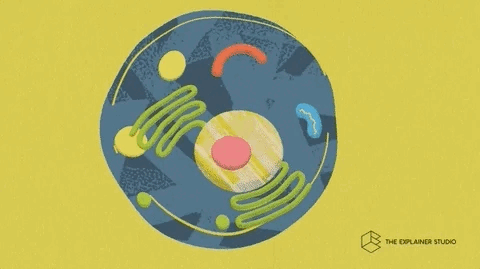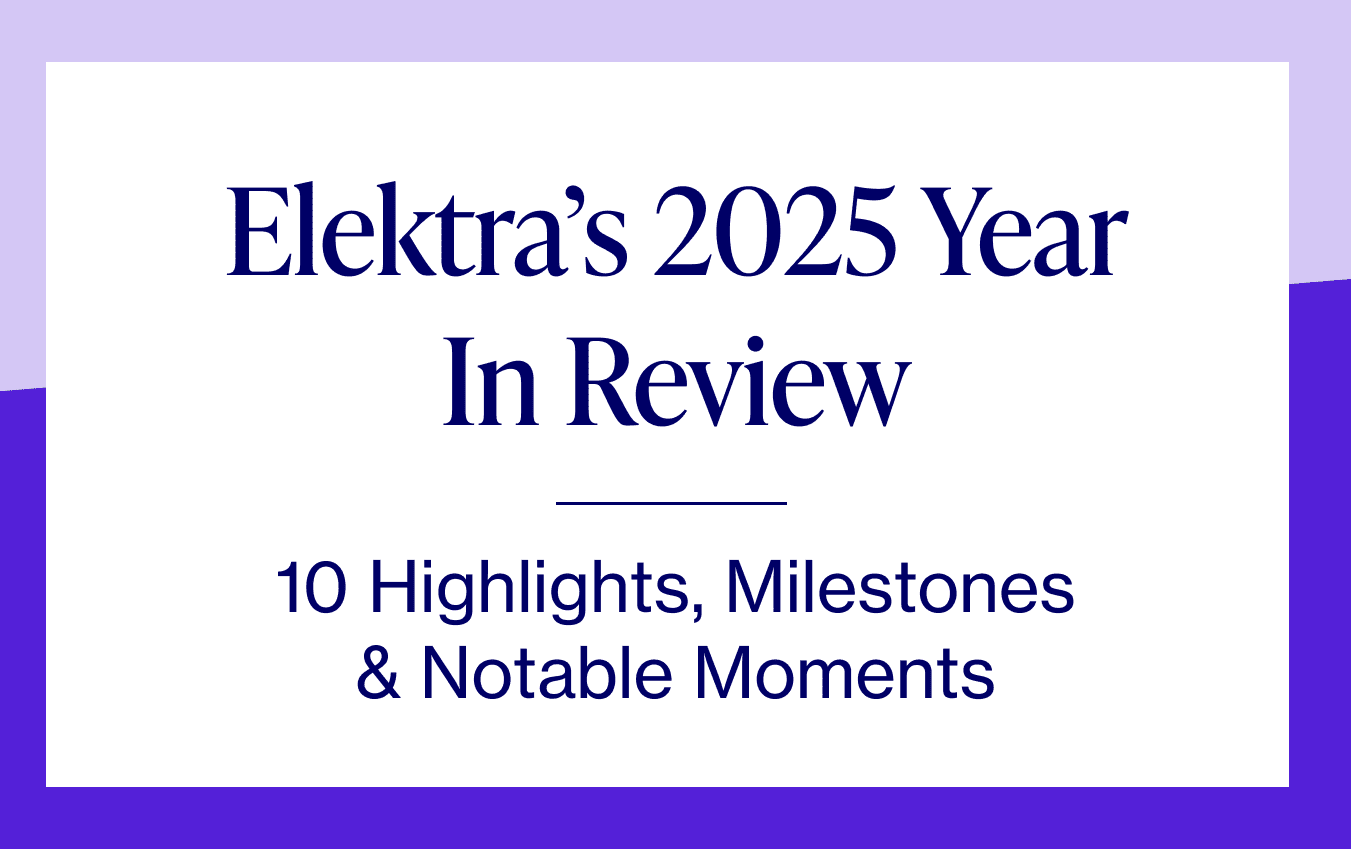
Published on Jul 09, 2024
Last modified on Dec 22, 2025
Genetics And Menopause: Is Menopause Age Hereditary?
5 min read
50% of the population will undergo menopause, but when and what that looks like can vary significantly person-to-person. There are a ton of variables that play a role in determining our menopause experience, one of which — as research increasingly indicates — is genetic factors. But before we get into the nitty gritty, let’s do a quick refresher on the basics.
How are we defining menopause?
Officially speaking, menopause (also called “natural” menopause) occurs once you’ve gone 12 consecutive months without a period, meaning it’s actually a moment in time. In Western societies, the average age is ~51, but many women start experiencing symptoms and hormonal changes years beforehand, during a stage known as perimenopause (aka “around menopause”). The moment of menopause signifies the time at which we can be reasonably sure that the ovaries have run out of follicles to ovulate, and ovarian estrogen (and progesterone) production has ceased. We remain here for the rest of our life, an era that’s also described as postmenopause.
Do genes determine age of menopause?
As we enter perimenopause, most of us will ask ourselves “but when will this end?” and who can blame us? While the answer isn’t clear cut (thanks, menopause), we do know that the transition can last upwards of 5-10 years, with early menopause occurring before 45 and late onset menopause occurring between 55 and up to early 60s. Menopause before the age of 40, accounting for 1% of menopause, is referred to as premature menopause or, in medical terminology, primary ovarian insufficiency (POI, for short).
That being said, we may be able to turn to family history for an idea of when we’ll actually reach menopause. In fact, genetic variants may be responsible for up to 50% of variability when it comes to menopause age. And get this: a 2021 European cohort study investigating the genetic component of ovarian aging found 290 genetic variants that correlated with the age of menopause.
Genes and early or premature menopause
How exactly do genes impact menopause age though? Well, in some cases, chromosomal issues can contribute to early menopause, such as Turner syndrome, where someone is born with an incomplete chromosome set (in the case of Turner’s syndrome, missing one X chromosome), which can disrupt ovarian function. Additionally, women who have or are genetic carriers for Fragile X syndrome may experience early menopause.
So, will I go through menopause at the same age as my mom?
It’s likely that your mom’s age of menopause can provide a clue as to when you will hit that mark, but we recognize not everyone can look to a mother for an indication. In this case, we may be able to look towards sisters’ menopause experiences as a predictor. Unfortunately at this time, we may not be able to rely on the experience of more distant relatives like grandmothers and aunts due to the existence of different environmental factors across two generations. This means there may be environmental influences that impact one generation and not another, which can make comparing traits — in this case menopause age — difficult.
Environmental factors that influence age of menopause
Outside of genetics, a history of chemotherapy, pelvic radiation, and certain hormonal cancer treatments (such as breast cancer or endometrial cancer) can influence the age of menopause or result in menopause symptoms. Lifestyle factors such as history of smoking and lower body mass index (BMI) may also contribute to earlier menopause as well (and higher BMI or obesity may contribute to late menopause). While there was previously some thought that early menarche (aka the first menstrual period) contributes to higher risk of earlier menopause, the evidence is not sufficient to say definitively.
READ MORE: Wait — How Do I Know When Menopause Is Over?
Are my menopause symptoms also genetic?
According to a 2021 study led by the University of Michigan, those same genetic variations that are predictors of reproductive aging and timing of menopause may also correlate with vasomotor symptoms (aka hot flashes/night sweats). The study also found that these factors might vary across ethnic groups. As always with women’s health, we have SO much to learn and look forward to future genetic studies that explore the heritability of other menopause symptoms.
The bottom line
We know that genes can inform age and symptoms of menopause, but it’s important to note that genetics aren’t necessarily our destiny. In fact, there’s a whole field known as epigenetics that studies the way environmental factors can shape the way our genes work. Prioritizing healthy nutrition, exercise, quality sleep, and stress management are all ways we can bolster our health around menopause.
For those of us who do experience bothersome symptoms during the transition — whether gene-related or not — there are plenty of options, including hormonal and non-hormonal treatments, as well as lifestyle interventions. Interested in discussing symptoms with a board-certified menopause provider? Book with an Elektra clinician today.
READ MORE:



